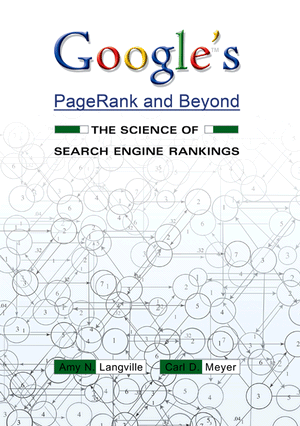Gary Hall (ed.): Digitize Me, Visualize Me, Search Me: Open Science and its Discontents (2011-)
Filed under living book | Tags: · computing, data, data mining, data visualisation, digital humanities, knowledge, networks, open access, open data, open knowledge, open science, open source, publishing, science, search, web
![]()
“One of the aims of the Living Books About Life series is to provide a ‘bridge’ or point of connection, translation, even interrogation and contestation, between the humanities and the sciences. Accordingly, this introduction to Digitize Me, Visualize Me, Search Me takes as its starting point the so-called ‘computational turn’ to data-intensive scholarship in the humanities.
The phrase ‘the computational turn’ has been adopted to refer to the process whereby techniques and methodologies drawn from computer science and related fields – including science visualization, interactive information visualization, image processing, network analysis, statistical data analysis, and the management, manipulation and mining of data – are being increasingly used to produce new ways of approaching and understanding texts in the humanities – what is sometimes thought of as ‘the digital humanities’.” (from Introduction)
Publisher Open Humanities Press
Living Books About Life series
View online (wiki/PDF/HTML articles/videos)
PDF (PDF’d Introduction with hyperlinked articles)
Amy N. Langville, Carl Dean Meyer: Google’s PageRank and Beyond: The Science of Search Engine Rankings (2006)
Filed under book | Tags: · algorithm, google, internet, search, software, web

Why doesn’t your home page appear on the first page of search results, even when you query your own name? How do other Web pages always appear at the top? What creates these powerful rankings? And how? The first book ever about the science of Web page rankings,Google’s PageRank and Beyondsupplies the answers to these and other questions and more. The book serves two very different audiences: the curious science reader and the technical computational reader. The chapters build in mathematical sophistication, so that the first five are accessible to the general academic reader. While other chapters are much more mathematical in nature, each one contains something for both audiences. For example, the authors include entertaining asides such as how search engines make money and how the Great Firewall of China influences research. The book includes an extensive background chapter designed to help readers learn more about the mathematics of search engines, and it contains several MATLAB codes and links to sample Web data sets. The philosophy throughout is to encourage readers to experiment with the ideas and algorithms in the text. Any business seriously interested in improving its rankings in the major search engines can benefit from the clear examples, sample code, and list of resources provided.
Publisher Princeton University Press, 2006
ISBN 0691122024, 9780691122021
Length 224 pages

